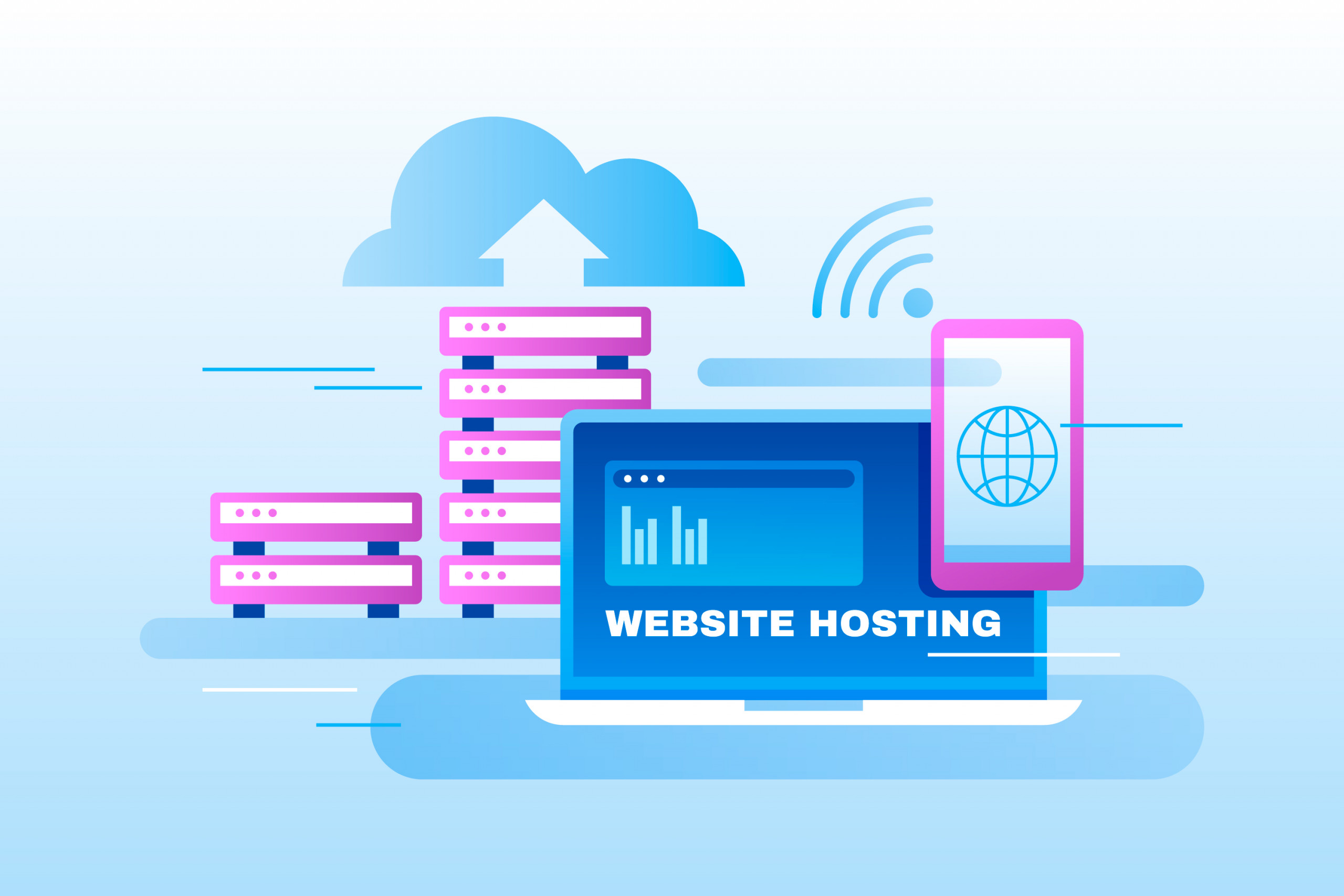Table of contents
- Add-ons specific to domain registration
- Website design and management
- Comprehensive security features
- SEO tools
- Email and communication
Add-ons specific to domain registration
Hosting resellers might consider offering their clients the “Site Lock” add-on, which does a good job of scanning websites and removing malware. It adds much-needed security. Business Registration can also add value because it only contains the information the business wants to publicize, such as office phone numbers, business hours, etc. They can choose what they want to be displayed and customize their business listing in the whois section.
Website design and management
Industry-specific templates (e.g., for restaurants and e-commerce) are a useful add-on. Reseller hosting plans should include an intuitive website builder for non-technical users. WordPress is known for its simplicity of use and holds at least 60% of the global CMS market. It currently powers 52 million sites, corresponding to more than a third of the World Wide Web.
Resellers can offer regular updates, plugin maintenance, and troubleshooting for clients who prefer outsourcing management. This saves their clients time and effort and differentiates their services from generic hosting providers.
Comprehensive security features
An SSL certificate secures websites by encrypting data between the server and the user. It’s essential for any site that collects sensitive information and improves SEO rankings. In 2024, the US has more than 34 million SSL certificates, more than any other country. Let’s Encrypt holds the biggest share, with 59.2% of all websites using it. Its market share as an SSL certificate authority is 63%, as not all websites have such.
SSL is just the tip of the iceberg in terms of valuable security add-ons. DDoS protection shields websites from denial-of-service attacks, and regular backups with easy restoration options are highly recommended. These features give clients peace of mind and build trust and credibility.
SEO tools
As of 2024, 68% of online experiences start with a search engine. More than 45% of clicks are attributed to organic search results. Resellers can build value by adding SEO optimization plugins, which analyze on-page SEO and provide suggestions for improvement. These are built into WordPress and other CMS. Analytics dashboards help users improve online visibility and reach more customers without hiring someone to do their SEO. Monthly SEO costs typically range from $250 to $10,000, with 63% of businesses spending between $500 and $5,000. Freelancers charge $1,348 a month, and agencies charge $3,209 a month on average.
Email and communication
Email marketing is still one of the most effective marketing strategies. Email marketing tools will help clients send newsletters or promotional emails to their customers. Email ROI is $36 for every $1 spent, and 31% of marketers leveraged email as of 2023. A 2023 report analyzed 4.5 billion newsletters across industries and found the following engagement metrics: an open rate of 38.7%, down from around 43% the previous year, and a click-through rate of 1.85%, up from 1.79% one year earlier.
Integrations with tools like Microsoft Teams or Google Workspace enable professional communication and improve brand credibility. If the add-ons are renewable for each year, the costs add up, so you stand to make a good profit.
FAQ
How do I get clients for hosting?
- Find a relevant niche
- Create an intuitive and responsive website
- Build a solid social media presence
- Ask for referrals and testimonials.
Which add-on do hosting clients value the most?
Security is a top concern for clients, especially e-commerce and healthcare businesses, or any site handling sensitive data. A secure website protects their reputation and customer trust. Popular add-ons include SSL certificates, malware scanning and removal, DDoS protection, and automated backups for quick recovery. Clients also value performance boosters, as faster websites lead to higher conversion rates and customer retention. 79% of customers unhappy with a page’s load speed are not likely to return, which incurs financial damage in the form of a lost sale. Even a one-second delay can cause the conversion rate to drop by 7%.

